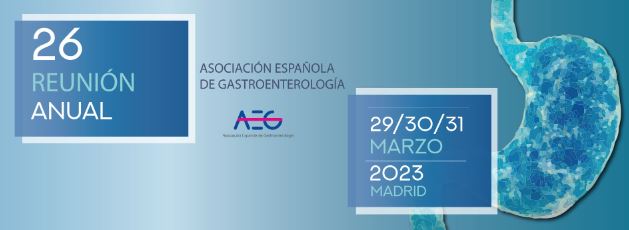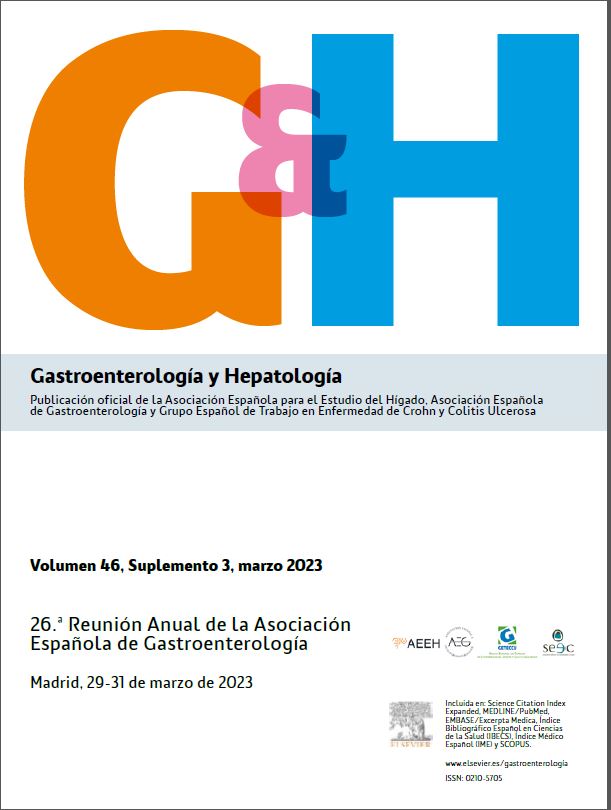154 - USEFULNESS AND SAFETY OF NABILONE AS AN ANTIEMETIC DRUG IN PATIENTS WITH INTESTINAL FAILURE DUE TO REFRACTORY GASTROINTESTINAL DISORDERS
1Hospital Universitario 12 de Octubre, Madrid. 2Lennard-Jones Intestinal Failure Unit, St, Marks’ Hospital, Central Middlesex Hospital, London, United Kingdom.
Introduction and objectives: The endocannabinoid system is expressed widely across the human body. When its receptors are activated in the gut there is inhibition of peristalsis and gastric acid secretion and suppression of vomits. Nabilone is an agonist of CB-1 and CB-2 receptors. It has been approved to treat chemotherapy-induced nausea and vomiting in adults who have not responded to other treatments. The use of cannabinoids in patients with refractory vomits due to gastrointestinal dysmotility has only been reported with Dronabinol, but not with Nabilone. Our aims are to assess Nabilone usefulness and safety in patients with intestinal failure and vomits related to dysmotility problems, and also summarize the background of these patients.
Methods: Data regarding adult patients under Nabilone treatment at St Marks' Intestinal Failure Unit due to gastrointestinal dysmotility vomits have been retrospectively reviewed and analysed (January 2022 to September 2022). Variables measured were: age, sex, previous medical and surgical comorbidities, previous anti-sickness drugs and subjective symptoms improvement.
Results: Four patients received Nabilone. 75% were females. The median age was 31 years (24.25-38). 75% had gastroparesis and 25% intestinal dysmotility. 75% had an enteral tube. 100% had been prescribed some anti-sickness drugs before, with a median of 8 drugs (3.5-11). The median treatment duration was 19 days. Half of the patients had symptomatic improvement, in 25% of them Nabilone was held because of side effects (drowsiness, headache and hallucinations).
Conclusions: Refractory vomits in patients with dysmotility gastrointestinal disorders are difficult to treat. Most of the patients are women that have tried different drugs before. Nabilone improved symptoms in 50% of the patients. Side effects appeared in 25% although none of them were life-threatening. Our study has important limitations such as a small size sample and lack of validated symptoms’ scale. Nonetheless, Nabilone seems to have a good safety profile and could be useful in these patients but further research needs to be done.









